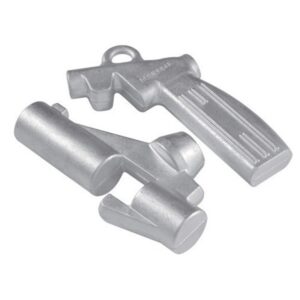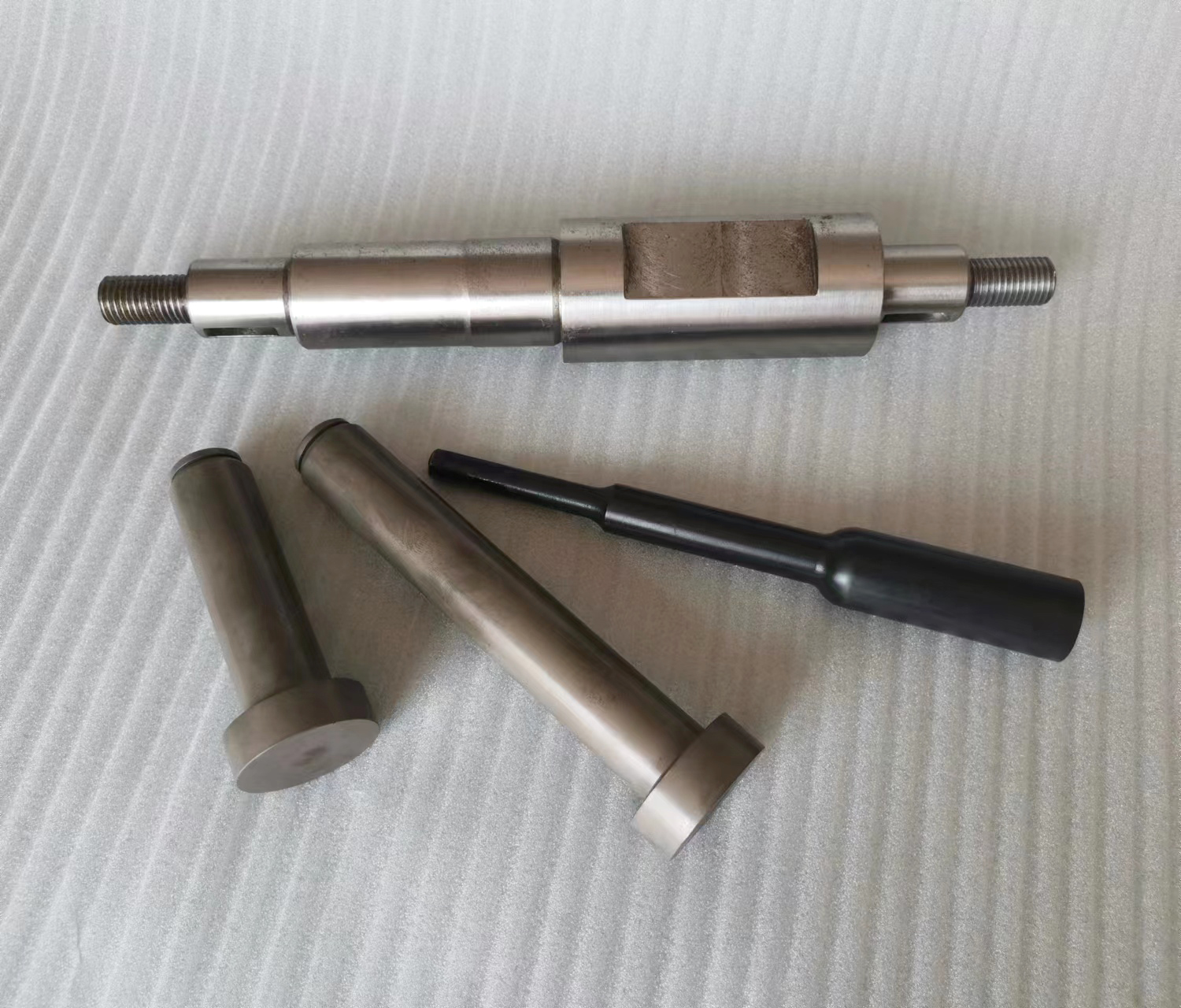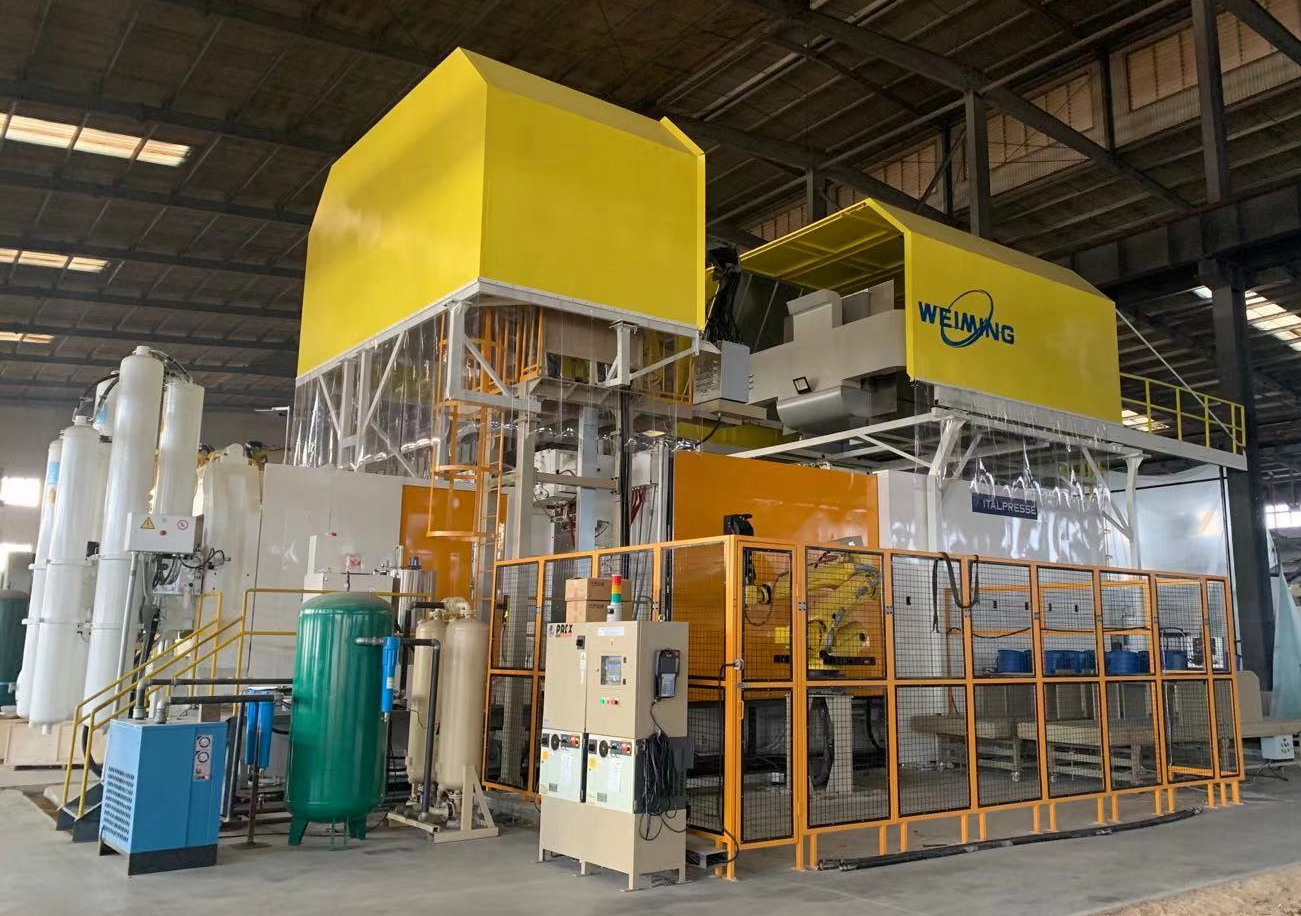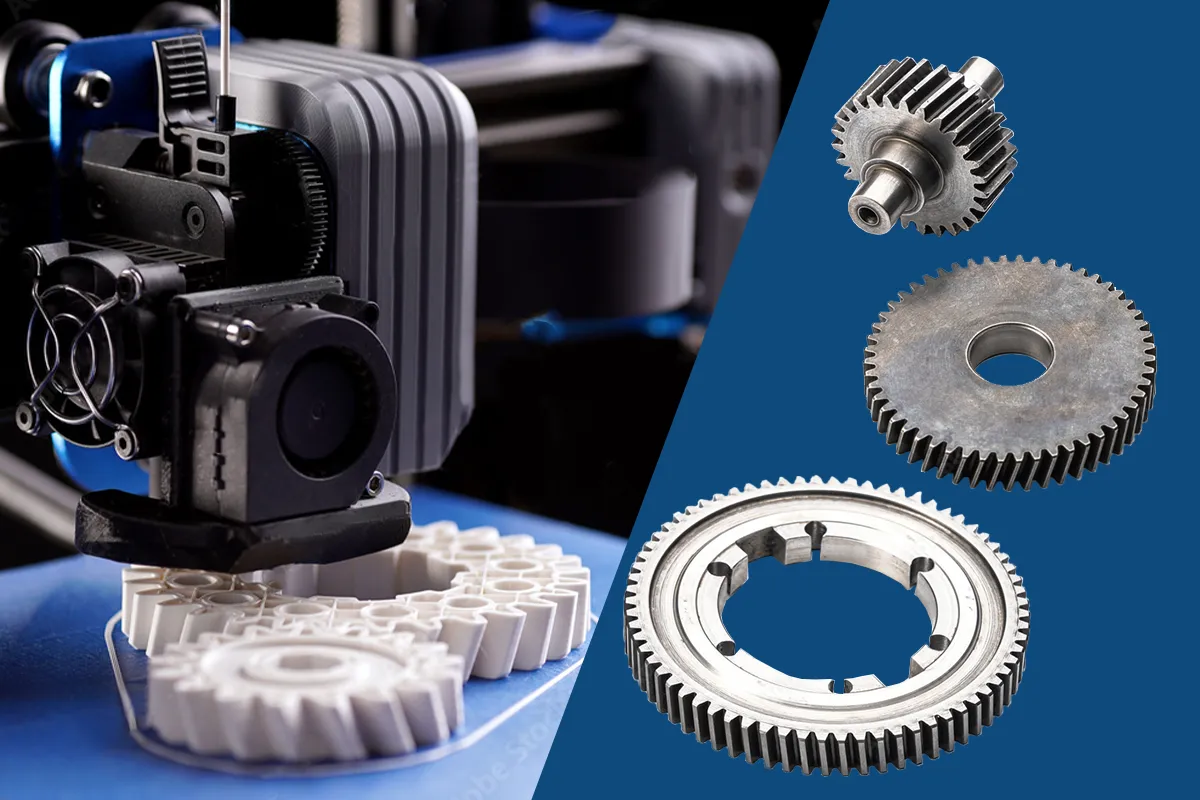• Engine Parts: Engine parts like connecting rods, crankshafts, and camshafts are often forged because they must withstand high loads and stresses. The forging process enhances their strength and fatigue resistance, ensuring reliable performance and longevity in demanding engine environments.
• Hand Tools: Hand tools such as wrenches, hammers, and pliers are forged to provide the necessary durability and strength for repeated use and heavy-duty applications. Forging improves the grain structure, resulting in tools that can endure significant impact and wear without breaking or deforming.
• Industrial Machinery Components: Components used in industrial machinery, such as gears, shafts, and couplings, benefit from forging due to their need for high strength and resistance to wear and fatigue. The enhanced mechanical properties of forged parts ensure they can handle the harsh operating conditions and heavy loads encountered in industrial settings.






